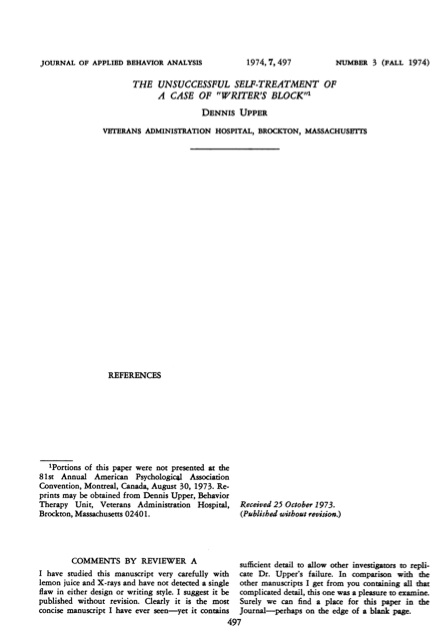May 28, 2023 permalink
Dave Karpf: On Generative AI and Satisficing →
In contrast to the flood of hyperbolic pieces about ChatGPT and other LLM-based AI (“It will revolutionize productivity!” / “It will destroy all creative fields!”), I appreciate Dave Karpf’s pointing out that these things are really best thought of as cliche generators, and that in some contexts it’s OK for the results to satisfice:
The AI isn’t going to give you the optimal Disney World itinerary; It’s going to give you basically the same trip that everyone takes. It isn’t going to recommend the ideal recipe for your tastes; it’s just going to suggest something that works.
And that sounds great, because both of those tasks are obnoxious time-sinks. (Yes, please, recommend a basic meal that my kids might eat! Offer me the same bog-standard Disney vacation that everyone else eventually settles on!)


